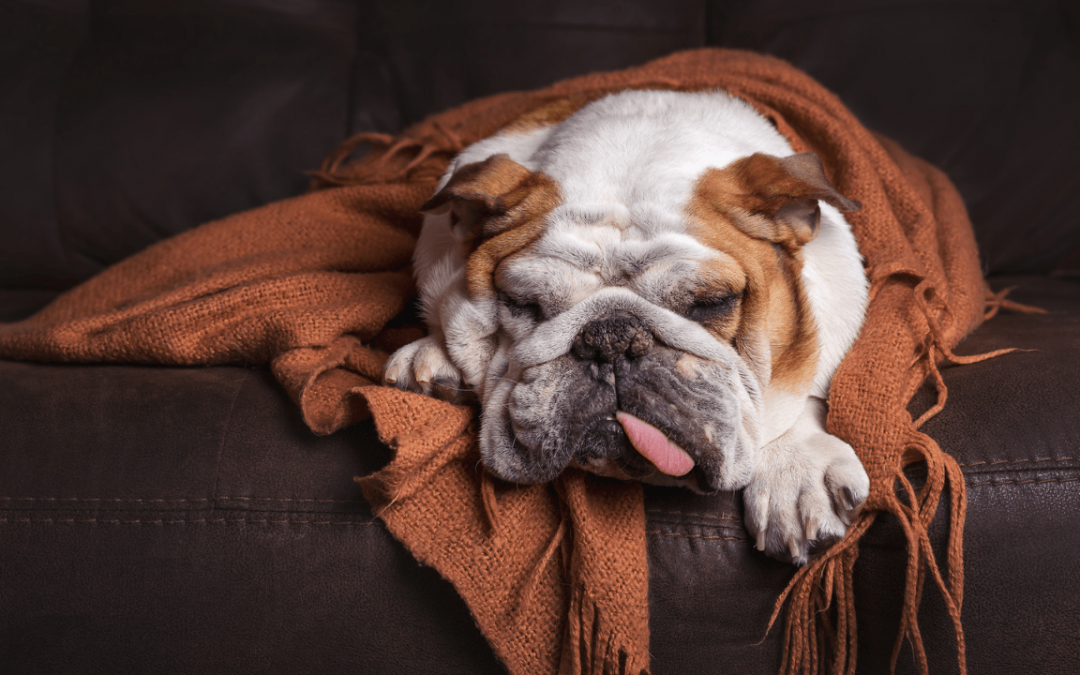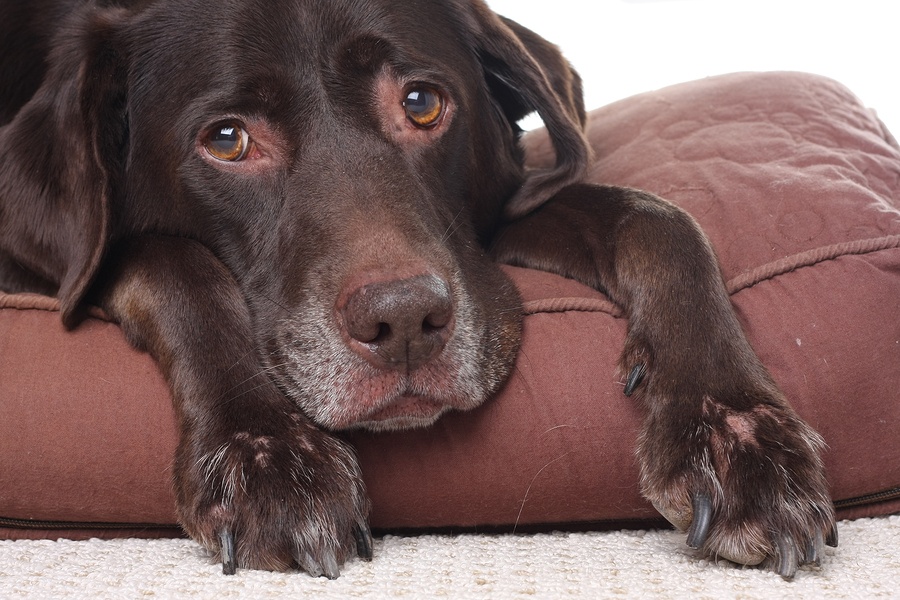Table of Contents
For pet parents, if your dogs are constantly making noises; or are hacking away at those projects as though they are choking on something, it might be a case of what we called, Kennel Cough. Kennel Cough should be paid attention to, as first, our dogs rely on us humans for their health. Although it may sound terrible, you can be certain that it is not a serious condition most of the time. It can really be cured with appropriate treatment options; and today, we are going to take all the essential information we need to know about this canine medical condition.
Kennel Cough, defined.
Kennel Cough, in veterinary medicine, formerly recognized as Canine Infectious Tracheobronchitis) is a canine respiratory disease that is highly contagious. It is caused by the canine parainfluenza virus, together with Bordetella bronchiseptica. These two pathogens are responsible for attacking the dog’s cilia lining in the respiratory tract; that leads to them having inflamed upper airways. Moreover, their airways get irritated and they get a dry cough; as well as making way for them to be more susceptible to acquiring secondary infection.
Where and How Do Dogs Acquire Kennel Cough?
Dogs commonly acquire Kennel Cough in places where there are lots of other dogs gathered around. Places such as boarding and daycare facilities, training groups, dog shows, as well as dog parks. As well as, exposure to crowded or poorly ventilated places, being in extremely cold temperature rooms, dusty rooms; and exposure to cigarette smoke. Moreover, travel-induced stress can also manifest in Kennel Cough.
Dogs acquire Kennel Cough when they have inhaled bacteria or particles of the harmful virus into their respiratory tract. Dog’s respiratory tract is lined with a layer of mucus; that is responsible for trapping infectious particles, but as they acquire Kennel Cough, this weakens their protection to the dog; resulting in the symptoms of Kennel Cough.
Symptoms of Kennel Cough
The main symptom of Kennel Cough is a persistent, loud, and forceful cough. It sounds identical to a goose honk. Others are:
- A runny nose
- Loud sneezing
- Labored breathing
- Low energy
- Discharges from eyes and nose
- Loss of appetite
- In some instances, fever
Although Kennel cough is easily treatable amongst healthy dogs; Veterinarians affirm that you should report their coughing symptoms, to really rule out if the symptoms is just a Kennel Cough and nothing more. In some instances; Kennel Cough is an underlying symptom of something bigger; and ruling them out is very very crucial in maintaining your dog’s optimum condition; and to always aid in their healthy state.
Treating Kennel Cough
Kennel Cough is approached by mainly resting. Usually, they advise the owner to give their dog one to two weeks of rest, with no heavy dog activities, training, or stressors; that will further aggravate their condition. Moreover; it also can be treated alongside an antibiotic; that will assure prevention of secondary infection and a prescription of cough medication that will alleviate the symptoms and ease their pain and discomfort. In addition to that, hydration and nutrition supplements are encouraged to be given as they boost recovery.
Nebulizers and vaporizers that are utilizing antibiotics by inhaling are proven to be beneficial as well, but it is a resort in the worst cases, it is usually not prescribed.
As Kennel Cough can result in full-blown pneumonia in some unfortunate cases; then a much intense treatment plan will be given and offered. This includes hospitalization, oxygen therapy, intravenous fluids, and antibiotics.
What You Can Do
The main preventive measure for Kennel Cough is a vaccine that targets bordetella bacteria; as it is the most common agent that causes Kennel Cough to occur. The vaccine occurs in oral form, intranasal; and injectables, and based on their forms, they vary as they can be given in two doses or four doses, with intervals of either two to four weeks apart; and accompanied by a booster every six months to a year.
Moreover, veterinarians always amplify the importance of going to places gathered by lots of dogs; to only cater to those who are vaccinated for Kennel Cough, as it spreads rapidly and affects lots of other dogs as well. Prevention is always better than cure, keep that in mind.
It is also helpful that owners keep their dogs in an environment with great air quality and ventilation; to keep them away from cigarette smoke, as it is really harmful. Always purify the air of the room they are in; as it eases their tiny vulnerable respiratory system, it is beneficial for us humans too!
Conclusion
Paying attention to the signs and symptoms of Kennel Cough is always advised, as it is really our sole responsibility to look out for our dogs. Moreover, get them vaccinated, not just for Kennel Cough but for a range of diseases our dogs are vulnerable to. At the end of the day, who will our dogs look up to for help, right? Last gentle reminder, always abide by responsible pet parenting. Our dog’s health is in our hands and hands only, and if you are certain that your dog is not doing well, help is always advised.






 Author and long-time animal lover. Sharing knowledge on pet care through experience and the written word.
Author and long-time animal lover. Sharing knowledge on pet care through experience and the written word.